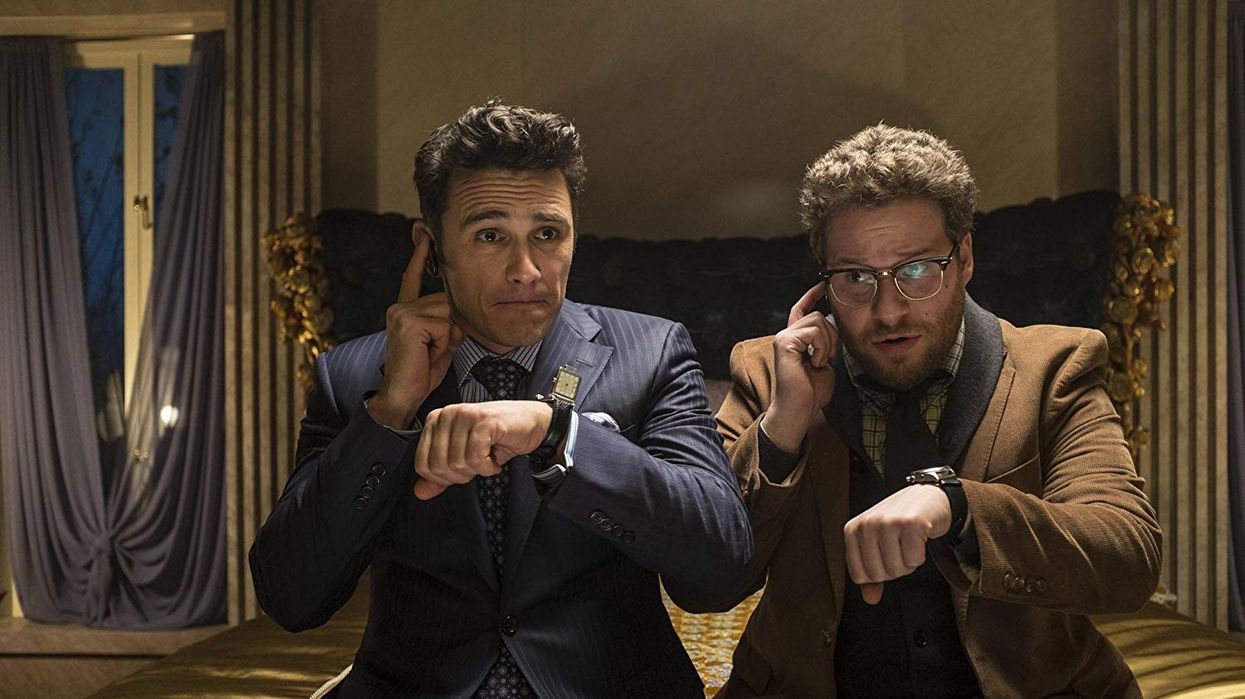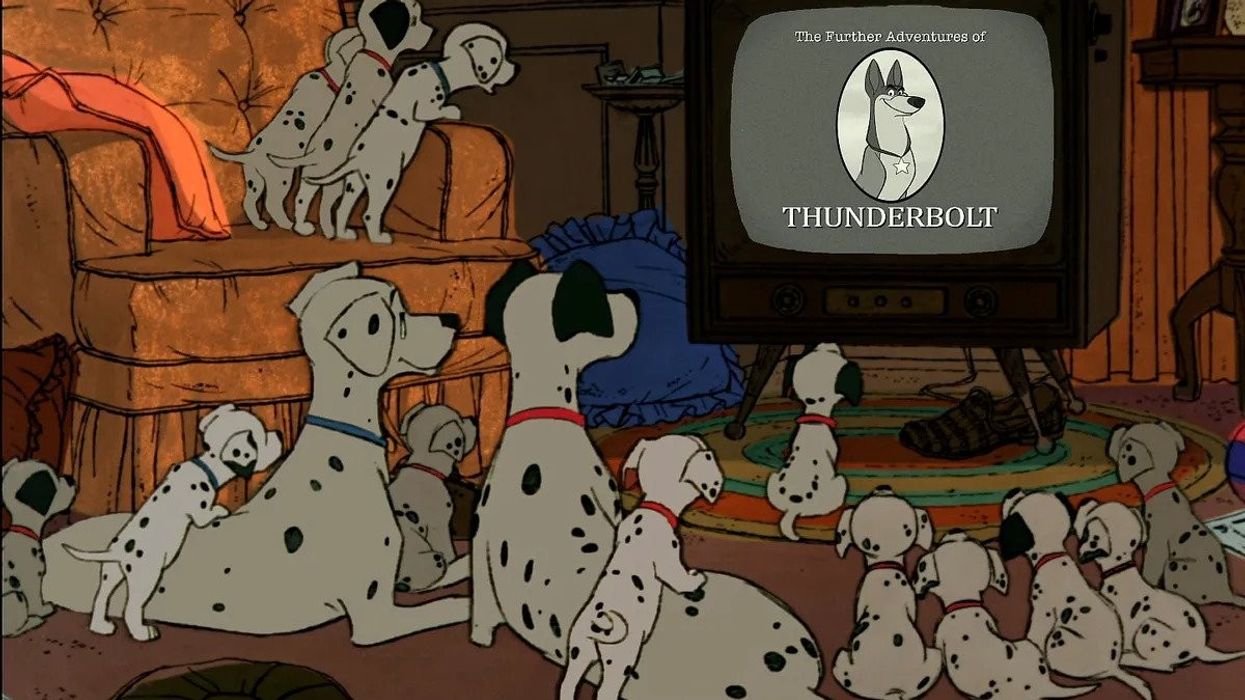Seth Rogen Explains the Difference Between Story and Plot
Do you know the difference between story and plot? They're not interchangeable and the proper definitions go a long way in your writing.

When you sit down to write a screenplay you have so many things to figure out. But most of them are interlinked to the story, plot, and characters. We've covered a lot about characters lately, from getting them to arc to developing them, but when it comes to story and plot, things get complicated. Plot and story often get interchanged in conversation, but they're actually very different.
So what's the difference between plot and story?
Today we'll cover that question and, later, see what Seth Rogen has to say about it.
What is story?
The story is what the movie is truly about. Boy meets girl? Overcoming anxieties? Love above all else? What lies at the heart of your tale? Your story is the timeline of events that happens within your screenplay or TV episode. It's a sequence of scenes that collect the narrative together. If you're having trouble cracking your story, you want to use our Story Map Outlining Tool to help you build this
What is plot?
The plot is what you think is the most important part. It's the thing that makes it into the trailer and into the synopsis. The plot is what happens within the story. It's the reason why the events take place. The plot is driven by the inciting incident. If you need help with the plot, consider writing a treatment to make sure the narrative stacks up to what you imagined.
What's the difference between story and plot?
That's the big question. If the definitions of both these terms were not enough, consider this E.M. Forster line: "The king died and then the queen died is a story. The king died, and then queen died of grief is a plot." But if you think he's a little lame, listen to Seth Rogen cover it for you.
What I love about this Rogen definition is that he admits to not knowing the difference between story and plot. But it took making movies and making mistakes to iron it all out. I think it's super important to have volume when you're starting out as a writer. Sure, you need to connect to everything, but you also need to just do a lot of things to see what you're good at and to put in the 10,000 hours to become great.
As far as Story v. Plot, I think Rogen nails it. Start by asking "Why" to the characters and let the story and plot come from there. If you're attacking both at the emotional level, then the audience will come to you because they empathize. Rogen wants to lure them in with the plot, and keep them coming back with the story. The plot should seem the most important, but the story has to shine through.
What's next? Learn how to write a logline!
Sometimes the simplest and most interesting loglines take the heart of your story and make it accessible to everyone. I love writing screenplays. And I hope, if you're reading this, you love writing too. Writing helps me put my complex character emotions onto the page and lets me talk about the things I care about while telling a story. But sometimes my stories are so complex, that it's nearly impossible to get a pitch together, let alone distill it all down into one sentence.
So click the link and learn how to write a logline!













